520, this movie is for everyone who loves movies.
Today is May 20th.
On this special day, I want to recommend a movie about "love" to everyone.
In other words, a love letter written to the movie and also to every audience.
This film tells "the sincere confession of a great director".

He has an engineer father, who taught him how to think rationally and how to turn modern technology into his best creative tool.
He also has a pianist’s mother, who taught him the perception of art and a natural desire for expression as an artist.
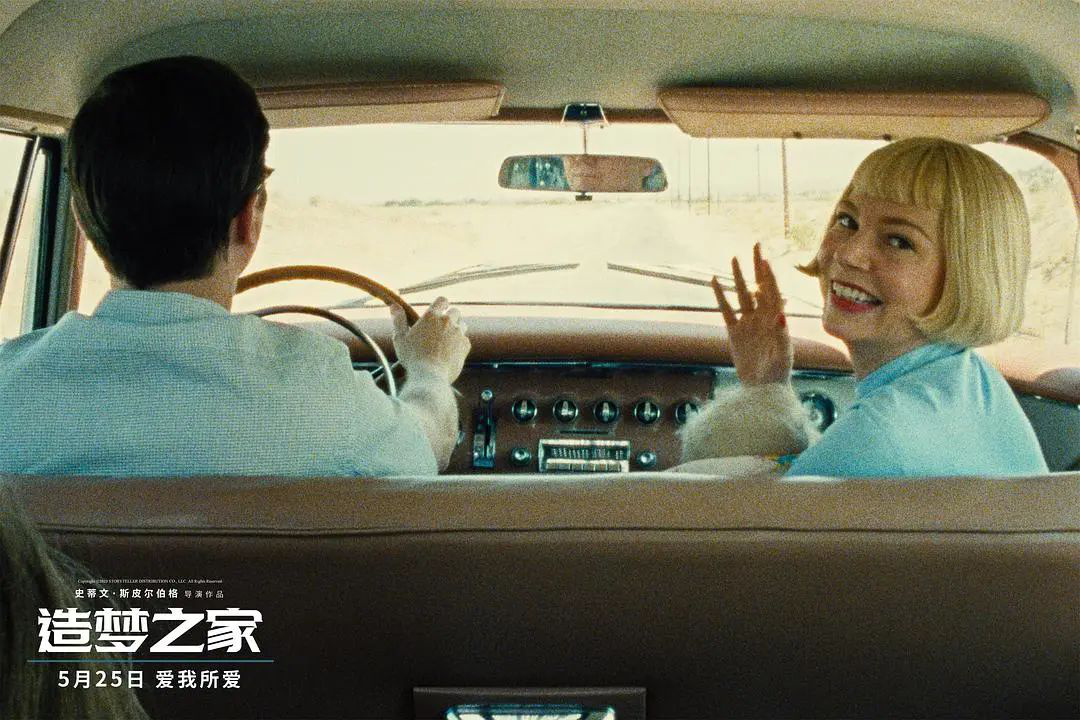
The growing environment laid the foundation for him to dream.
However, how to turn a hobby of "wasting money" into a career that can "make money" and how to face the tear between the two are still issues throughout his adolescence.
He was bullied on campus because of his Jewish identity, or was traumatized by his parents’ divorce.
But all these eventually became his creative nourishment, the motif of his life’s creation.
Every great director will have his own autobiographical story.
Now, it’s finally Spielberg’s turn to tell this story.

The Dreammaker directed by Steven Allan Spielberg was the winner of last year’s Oscar hit, the Golden Globe Award for Best Drama and the People’s Choice Award at the Toronto Film Festival.
So far, the freshness of rotten tomatoes is still as high as 92%.

I am also glad to see that this film will be released in China on May 25th. This is a rare film that we must see on the big screen.
This film is the best of the year in many people’s minds, and it is also praised by many people as "the most touching film of the year".
It’s really hard not to be moved by it.
Because it’s so sincere.
Unlike many films with the same nostalgic theme, in Dreammaker, you will not see a narcissism of successful people looking back on the past, nor will you see a bubble gum-style self-beautification.
On the contrary, director Spielberg, who was 76 years old, still had a childlike heart.
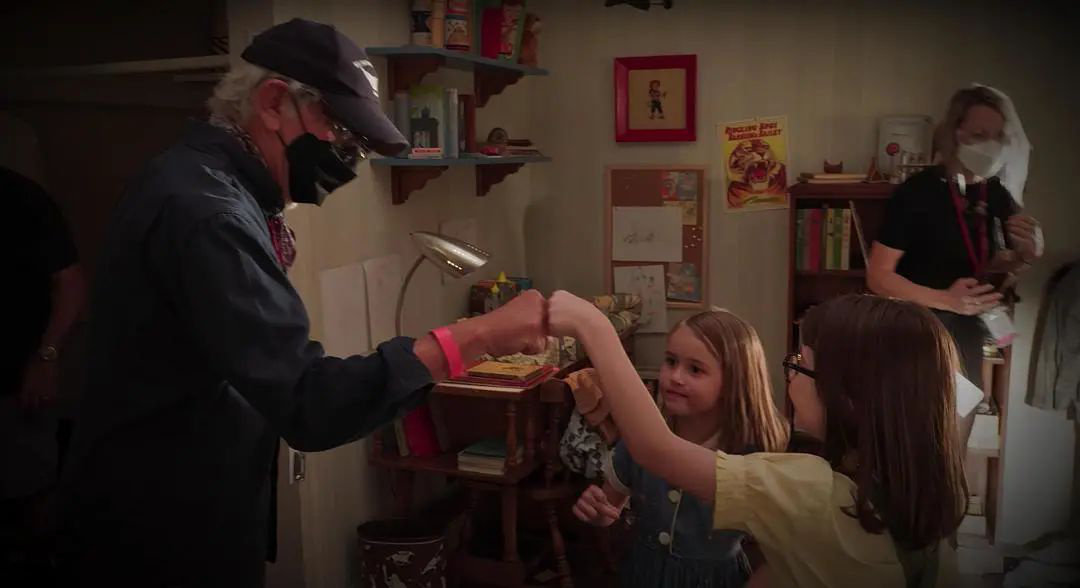
He told a story about growth and family in a very plain and restrained tone.
He also used such a plain and restrained tone to reveal some of the most "tearing" moments in his childhood.
So, is this movie about pain?
On the contrary, it tells—
Still "love."
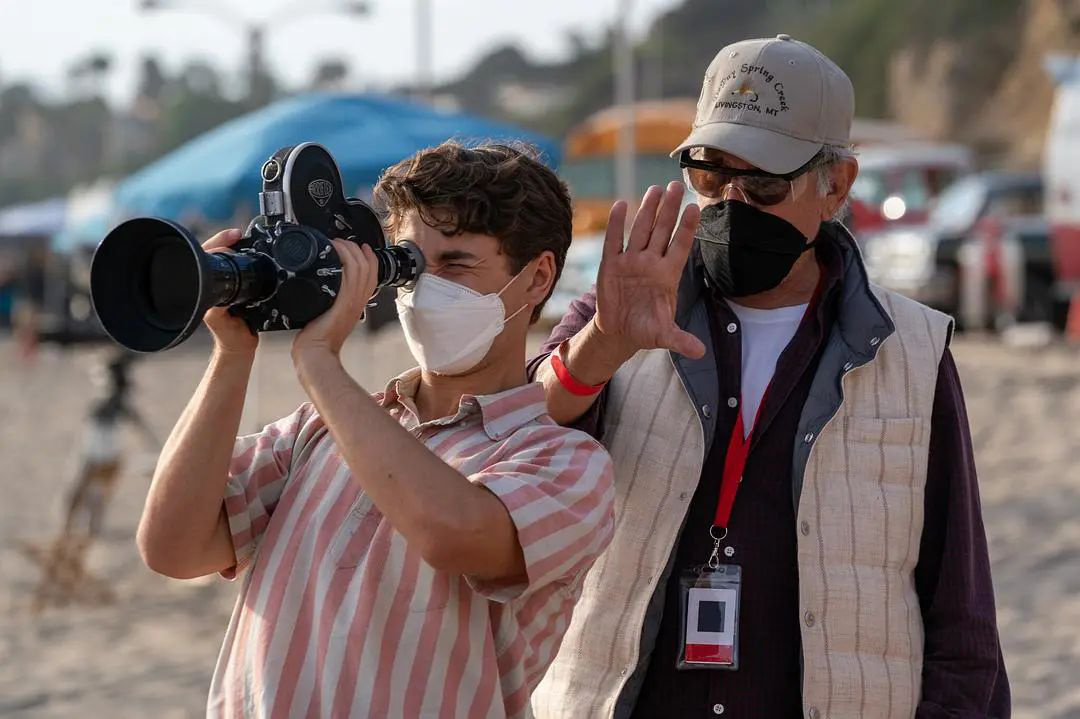
The A side of the story is how a teenager who loves movies grows up with the encouragement of his parents.
In the winter of 1952, Sammy watched the first film in his life accompanied by his parents.
Before the film was shown, he was crying in the car and didn’t dare to go into the cinema, as if it were the maw of a wild animal, which would devour him young.
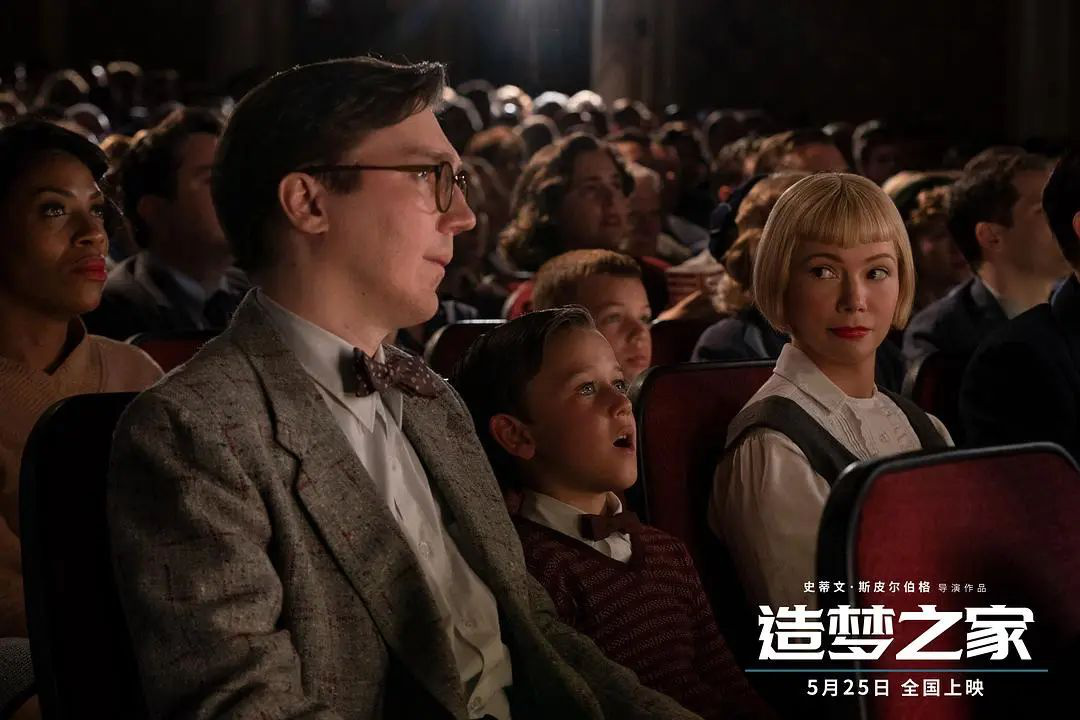
But after the film was shown, he looked at the shiny screen and lost his words in an instant.
For the first time, he understood that the movie was a dazzling dream.
Because there was a train in the movie, his parents bought him a train toy as a gift.
But what really attracted him was not the train itself, but how to record the picture of the train collision with a camera.
He became addicted to recording everything with a camera.
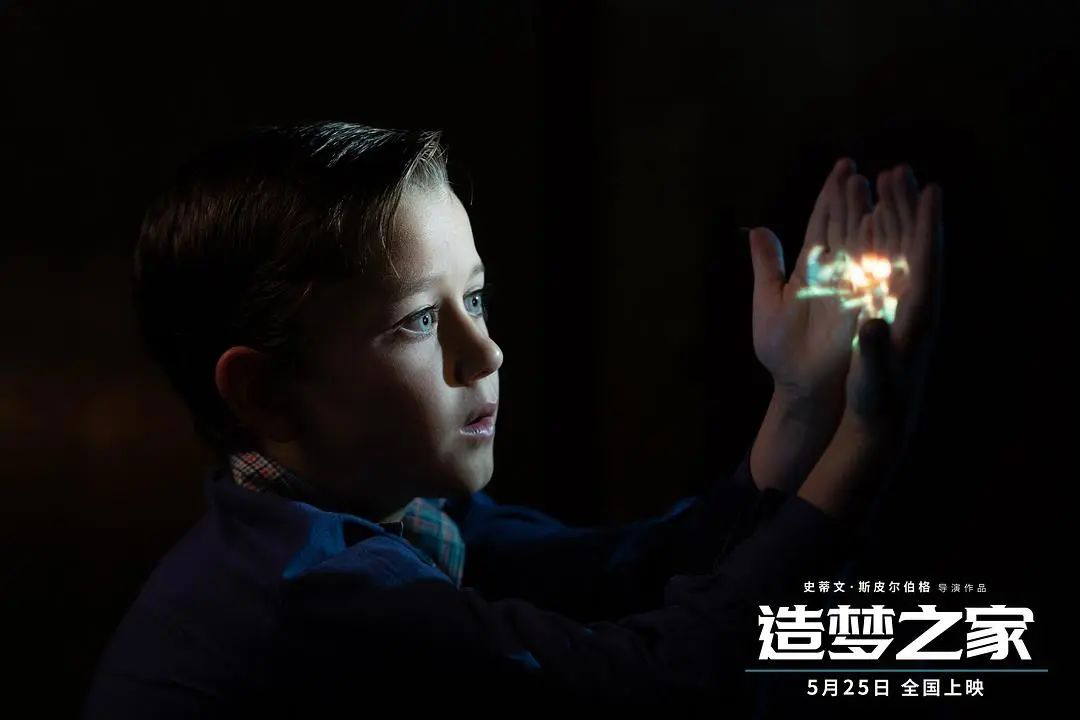
At first, it was a family video, with sisters playing together and family camping together.
Later, it became a movie at school, a gun battle and a drama.
He taught himself by himself and learned the most important thing:
The existence of the camera is not only to record the truth.
You can also edit, splice and reconstruct the truth in your own way to create your own truth.
But the most important thing is always "seeing".
Because movies are about seeing.
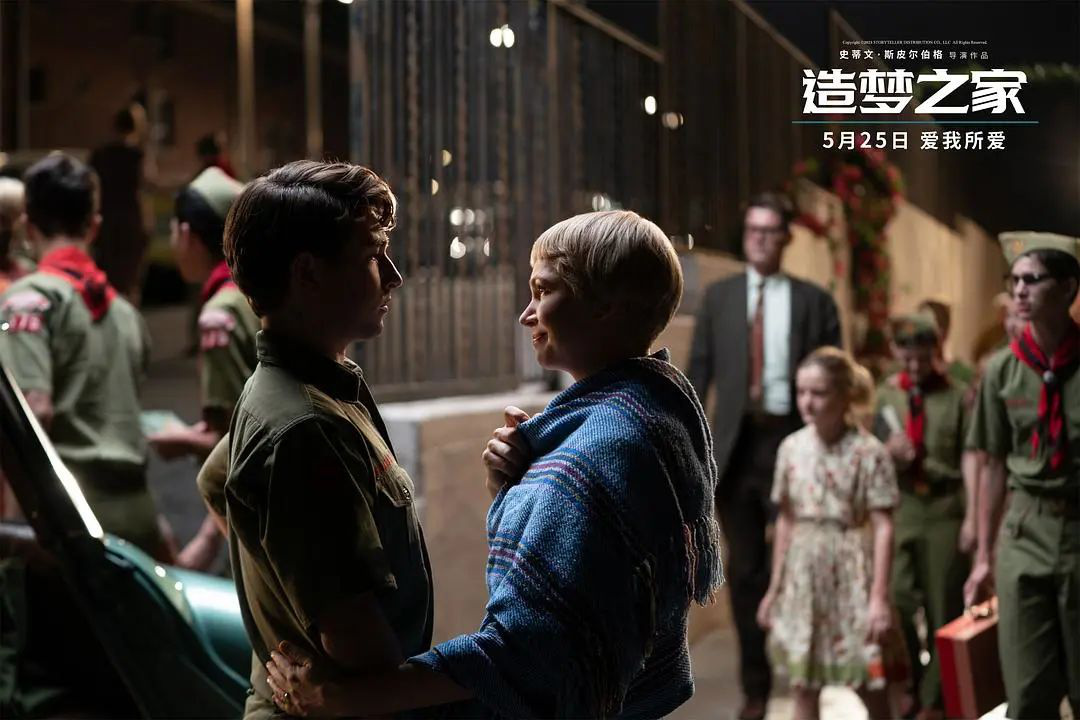
On the b side of the story, it is about the family of teenagers.
You will find that, coincidentally, every time he succeeds in film creation, it always seems to be accompanied by some kind of life tear.
When his father encouraged him to shoot a camping documentary for his mother, he stumbled across another truth about his mother in this documentary.
However, when the campus documentary he made was broadcast at the graduation party and everyone was cheering for his work, he had to bear the pain of his parents’ divorce and breaking up with his first love alone.
Under the seemingly bright and warm tone of the whole movie, there always seems to be a faint and melancholy background.
Although it is cruel, it is very real. It shows us that movies are not reality, and movies are not a good medicine for reality.
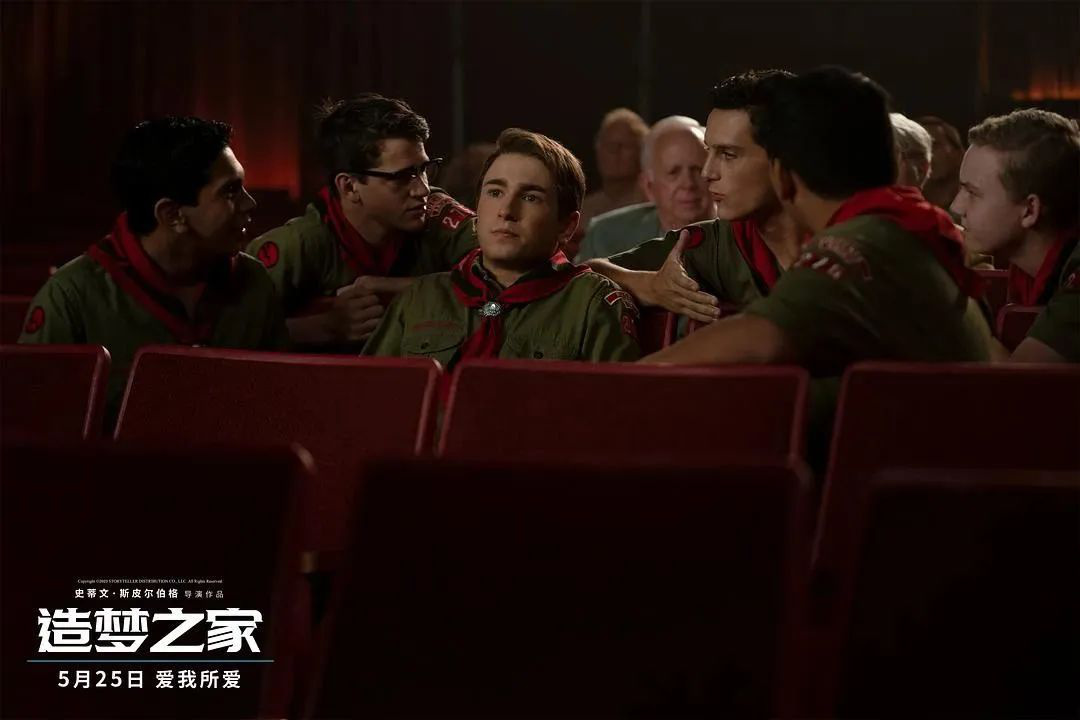
Every time Sammy tries to do it allImmersed in the movie, reality will give him a hard whip, which will make him pull away from it, and he will have to taste the tearing feeling between reality and the movie alone.
So, when did Sammy make up his mind to pursue film art?
Perhaps it was at the moment when he understood what a "movie" really was.
At the beginning of the film, the camera was really just a toy, and making movies was just an escapist hobby.
But the most crucial and turning point happened to be that Sammy discovered the secret of his mother’s infidelity through the lens of the camera.
He repeatedly confirmed his mother’s movements and eyes from the seemingly unimportant lens edge, and confirmed that she really admired another man.
At this moment, the film is no longer an escape from reality, but helps Sami "see" the reality.
In other words, he helped Sammy open another realistic perspective.
Originally, for him, family meant unconditional tolerance, understanding and support; But now he understands that there is another person’s sacrifice behind it.
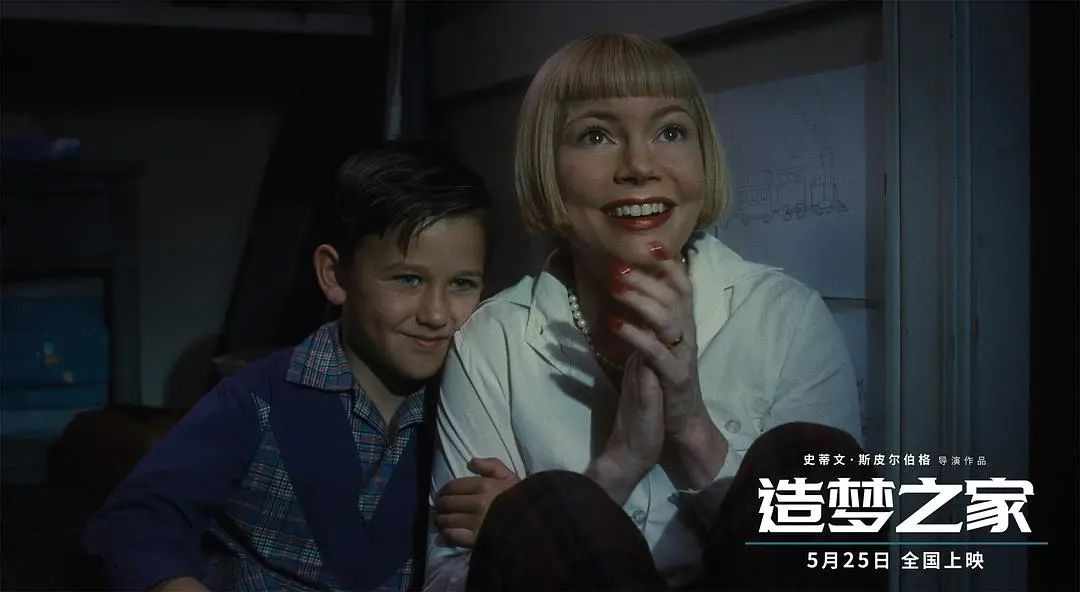
It was the mother who made the sacrifice: she gave up her career as a pianist and suppressed her feelings.
In the scene that struck him like lightning, what he saw was not betrayal, but sacrifice.
It was his mother’s sacrifice that fulfilled his dream-maker.
Family is like a balance, and someone has to make sacrifices.
Mothers will make sacrifices for their husbands and children.
Children also have to make sacrifices for their father’s work.
In the second half of the film, their family moved to California, and Sammy had to face the new campus environment and the bullying from his classmates.
However, in their family history, there always seems to be a "crazy" gene that is desperate to pursue what they love.
Maybe when he comes back at midnight, Sammy often thinks of what his uncle who works in the circus said.
"Family, art, will tear you apart"
"We are addicts, and art is our antidote"
"Family is our love."
"But we will be crazy about art."
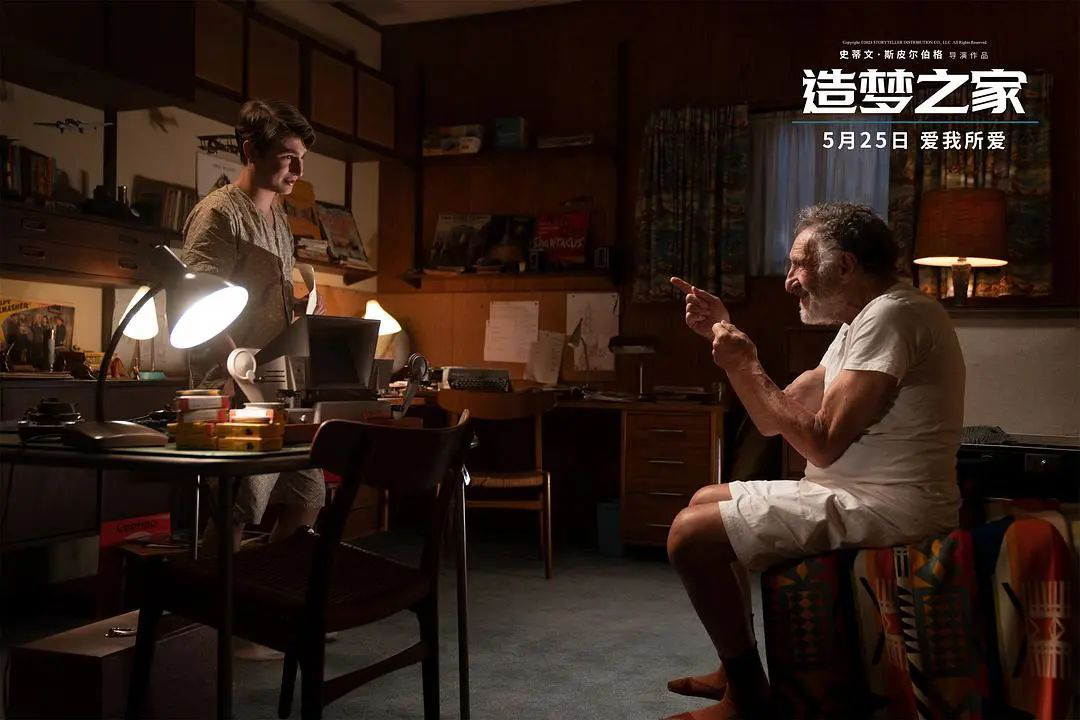
Mothers also need to make choices.
And at this moment, the "dreamer" once again played the magic:
It is precisely because everyone in the film, no matter what choice he makes, starts from his own heart. So they also got the tolerance and understanding of their families.
Through these choices, what the film tries to convey to us is a life attitude about "love": "Love what I love and dream as much as I can".
You never have to be sorry to be yourself. You can be anyone you want to be.
Only by finding your own love and creating your own life dreams can you meet all the splendor in life.
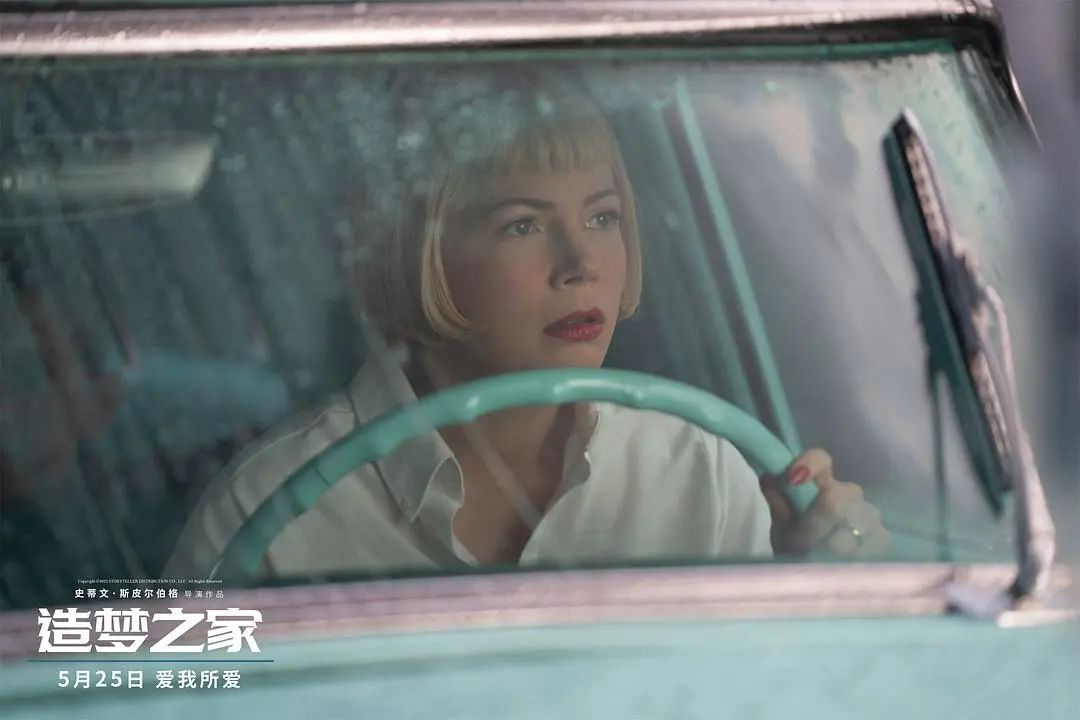
Because I am very sure that this is a movie that we must watch on the big screen.
From the first shot, it was born for the cinema.
It is also about the "love" of filmmakers.
In the film, you will see many historical eggs, The Train Comes into the Station, The King of the Opera, and john ford, the guest role of director david lynch himself …
You will also see many classic films in the film, including many prototypes of Spielberg’s own future films.
For example, all the films shown in the film that the protagonist shot in his early days are really the works of Spielberg himself when he was young. He re-filmed these materials with great interest, as if he had relived his childhood with the audience.
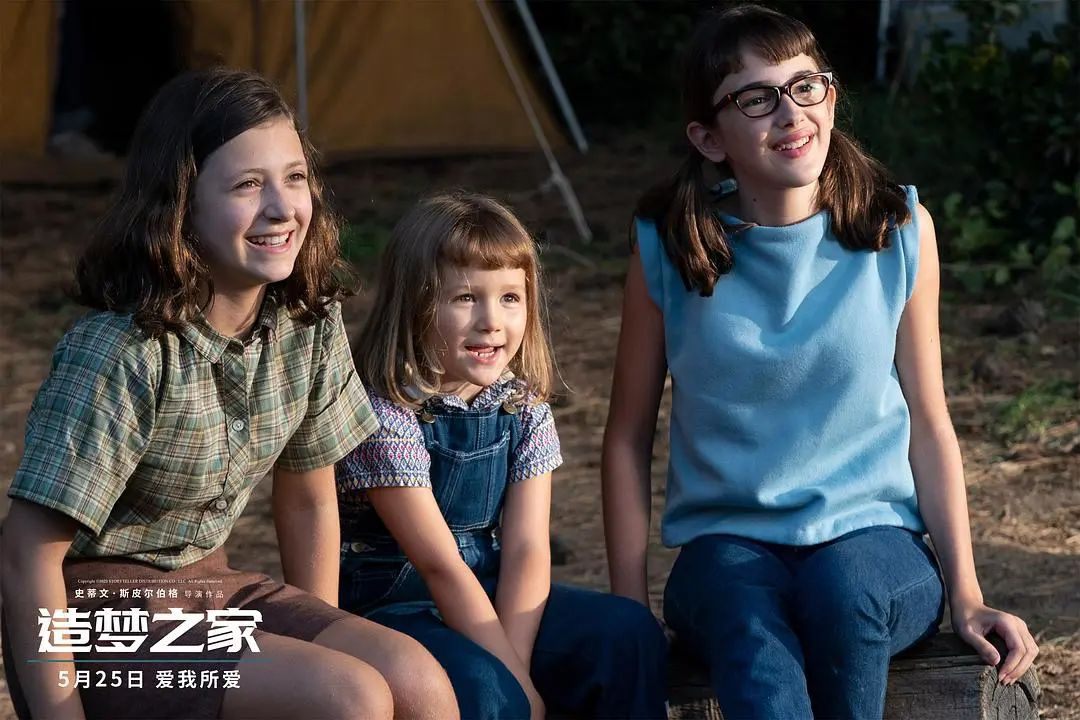
For many years, Spielberg himself was a Hollywood "myth".
In this film, he re-examined this myth and told us all that "myth is only human".
The director tries to explore some contradictory and contradictory motifs in the film-technology and art, family and self, film and reality. The tear between them runs through the whole movie.
And in the end, perhaps the answer we want to know most as an audience is-
What is a movie?
Maybe the movie is a dream.
We hope to use movies to dream and make up for the dissatisfaction in life.
But dreams will "betray" you: every time Sammy is happy because of the movie, reality will bring him pain.
Perhaps the film is a perspective, a kind of cognition.
The eyes of the camera can capture what the human eye can’t see and what the human heart can’t capture.

It can jump the horizon and take you to another level of reality.
It broke your dreams, your fantasies.
It is a reality in itself.
After that, the film seems to have "surpassed" the reality.
In the second half of the film, the director filmed a plot that many people thought was worth pondering.
Sammy was bullied in his new school.
But when he had the opportunity to pick up the camera, he not only didn’t make a fool of the bully in the camera, but filmed the other side as handsome, tall and shining like Apollo.
Why would he do that?
Even the school bully doesn’t understand himself.
And Sammy said, "I just want to make my movie better."
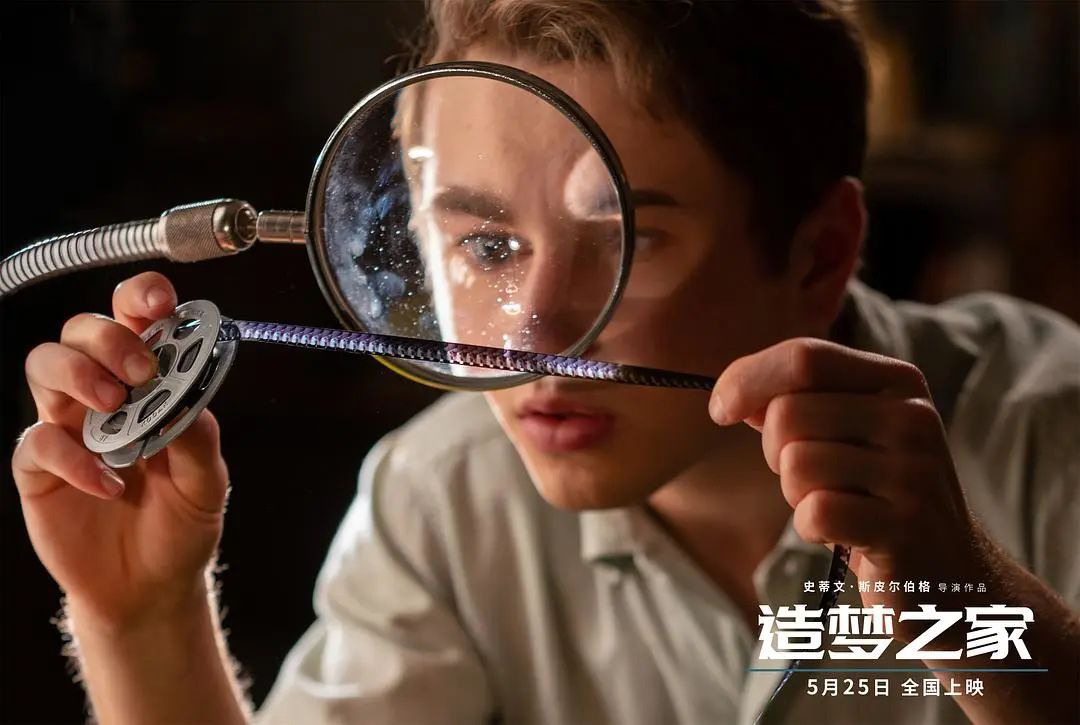
As a director, he sacrificed his feelings and his pain before restoring the "truth" of a film.
For him, the film is neither a mirror of reality, nor a dream, nor a playground, but an imagination to make up for regret.
A movie is a movie, his art and his creation.
He can give everything for creation.
Therefore, when the screen lights up, he will see his own beam of light.
The existence of movies is not used to escape from reality, nor to reconstruct reality.
Movies are another reality.
This is his love for movies.
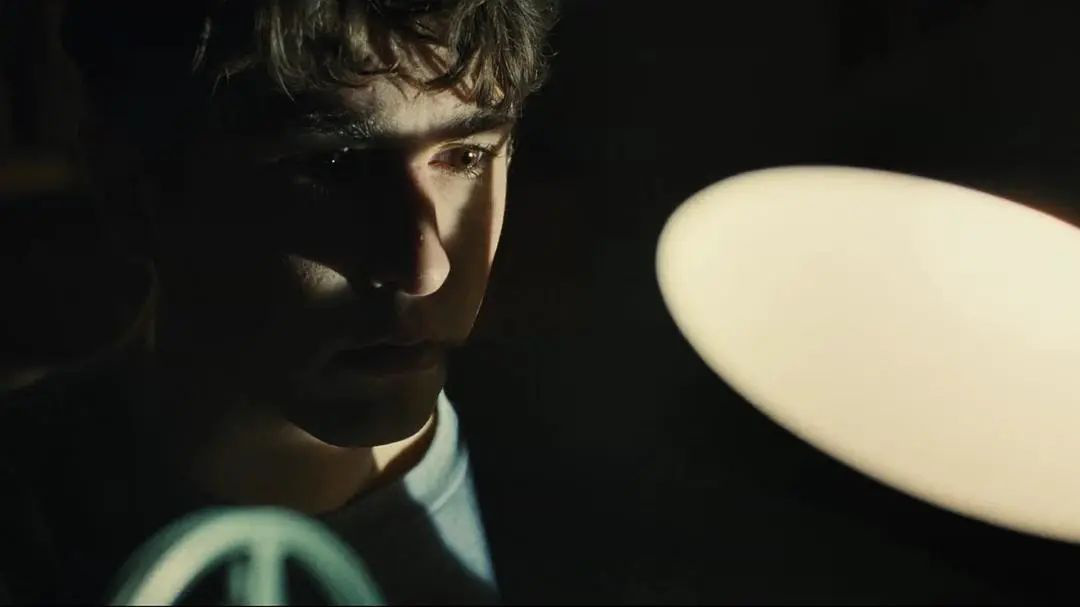
In other words, "film" itself is also a metaphor.
Throughout life, people are torn between reality and dreams, between responsibility and love.
Each of us has our own "movie", but how much are you willing to pay for your love?
Movies are Spielberg’s "choice".
And each of us has our own choices.
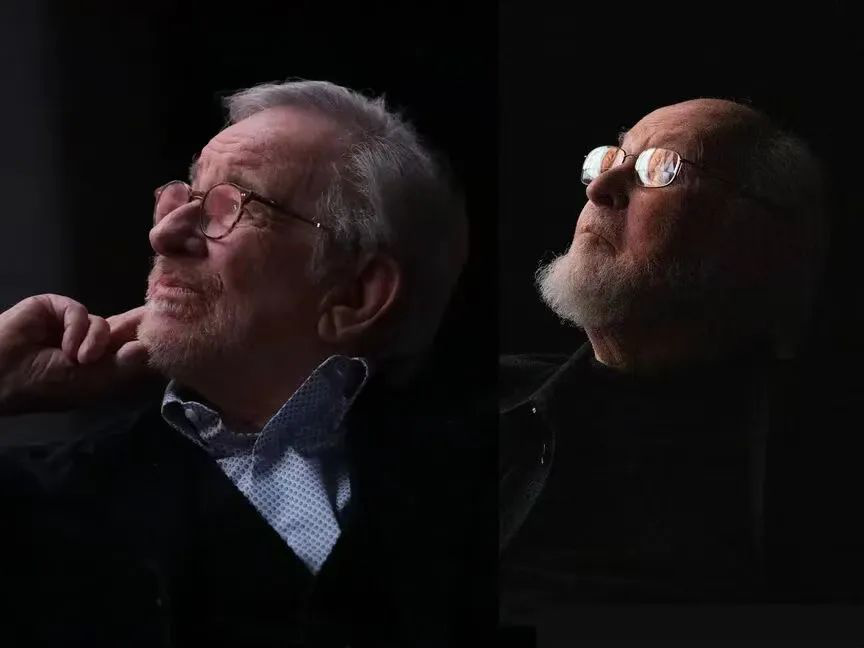
I believe that almost everyone has been accompanied by at least one Spielberg movie in their childhood.
Schindler’s List, E.T., Jurassic World, Artificial Intelligence Ready Player One …
These movies not only carry Spielberg’s dreams, but also our memories and our reality.
Movies are dreams, Spielberg is a dreamer, and we have all seen ourselves in his world and the reality of another dimension.
This time, what he said is his "dream maker".
Anyway, on May 25th, I will go to see The Dreamer again. Because this is not only a movie, but also the true meaning of his childhood, family, life and dreams. It’s a meeting between each of us and Spielberg.
